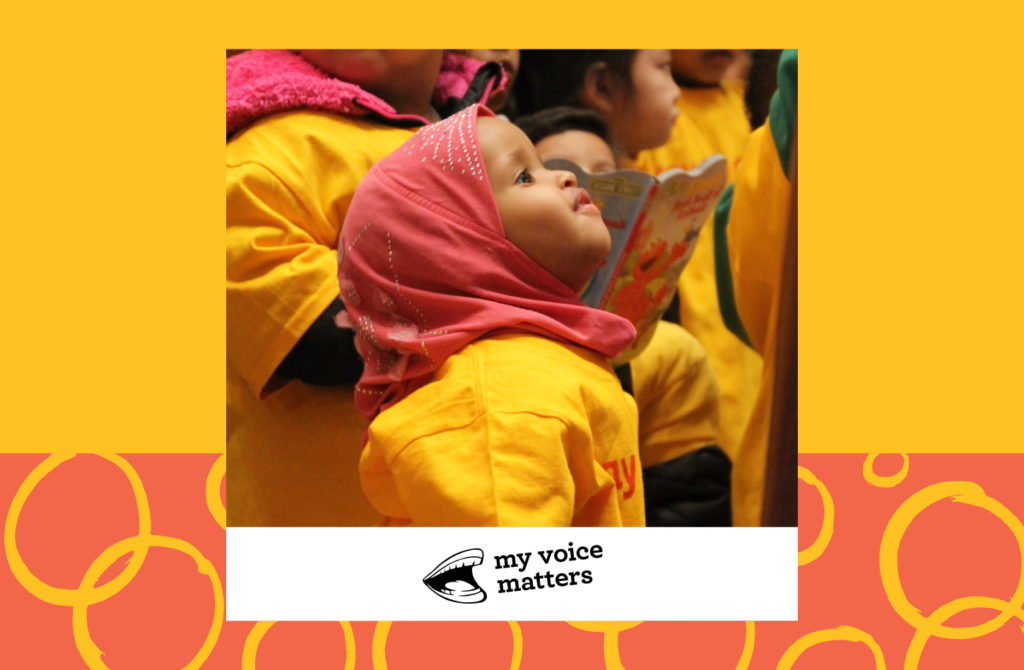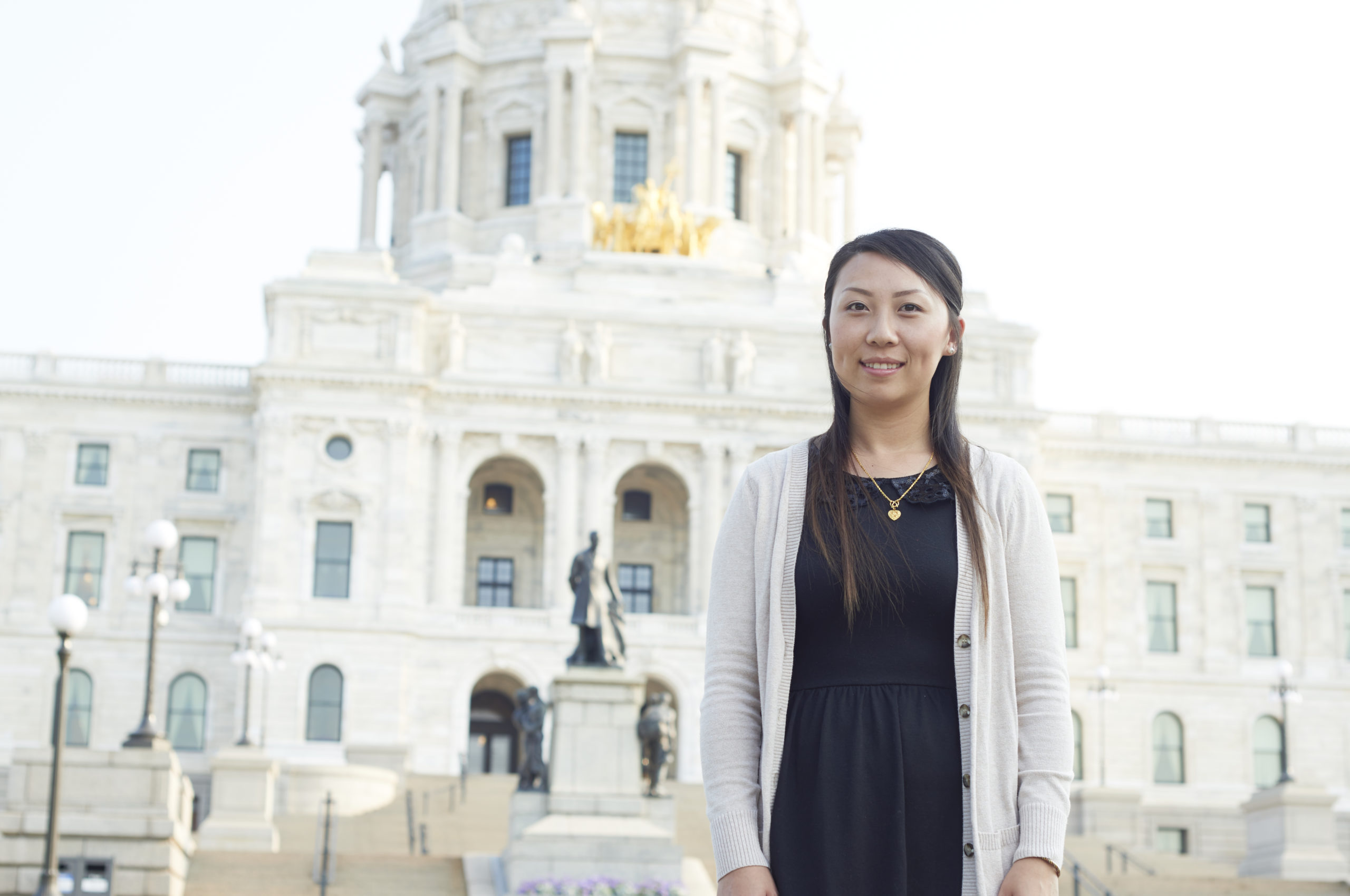Our parents want to have their voices heard at the school level and beyond, yet many do not have the resources, support, or confidence to do so. We consistently hear that parents want to know whether their child is enrolled in the best school for them or how to partner with the school to communicate about their child’s education. We also know that there are specific community voices that need to be heard, such as a call for culturally appropriate education for African American, Native American, Hmong, and Somali communities. Yet in order to be empowered to speak up and be heard, our families must first become more educated and engaged in education, policy, and advocacy. Way to Grow is working to do just that.
Launched in August 2017, with funds from MN Comeback, Way to Grow’s My Voice Matters initiative amplifies the voices of some of the most isolated families in Minneapolis and works to address the lack of information available to parents. A parent engagement and advocacy initiative, My Voice Matters involves parents in advocacy and empowers them to make the best choices for their children. Through our Parent Champion Workshop Series, field trips, resources, and additional experiences to familiarize parents with the legislative process and advocacy, My Voice Matters aims to create a lasting impact on the lives of our families and children.
For the past year, Way to Grow has been working with key partners—including the Children’s Defense Fund, Joyce Preschool, MinneMinds, Northside Achievement Zone, Think Small, Greater Twin Cities United Way, and the YWCA—to assist in planning, family recruitment, and workshop facilitation. Together we are making the concerns and questions of our families heard at the school level and all the way to the Capitol.
“I am so impressed with parents showing up at public policy events and using the skills they learned in our trainings,” says Way to Grow Program Director Megan McLaughlin. “It’s so exciting to watch parents who feel they don’t have a voice become champions for not only their children, but for issues that face all young children.”



